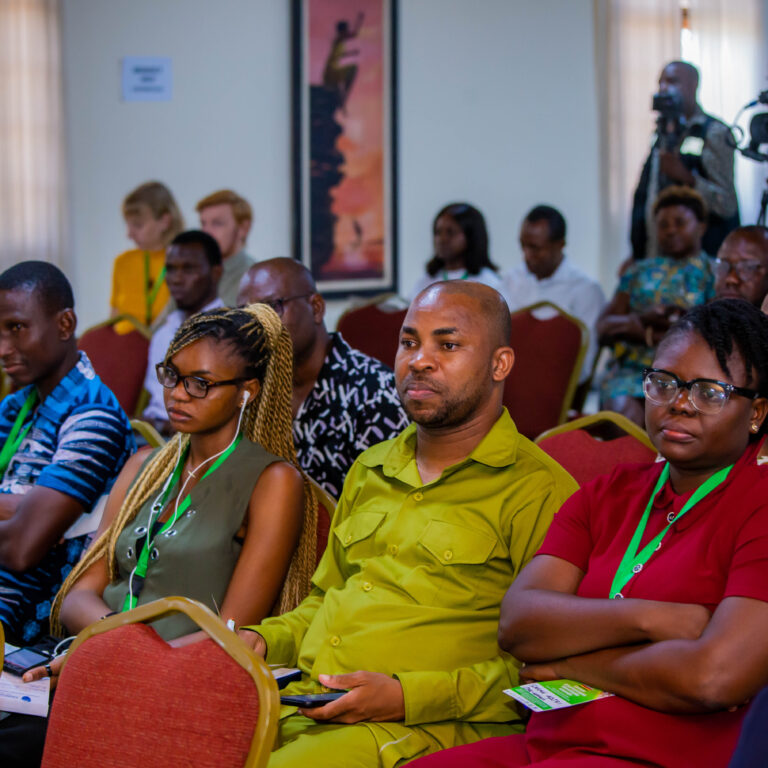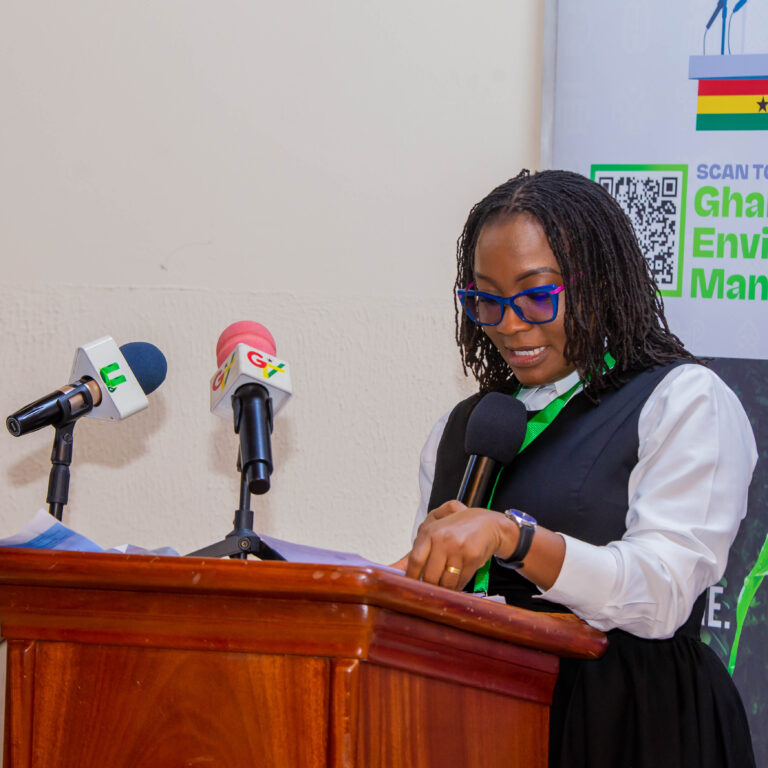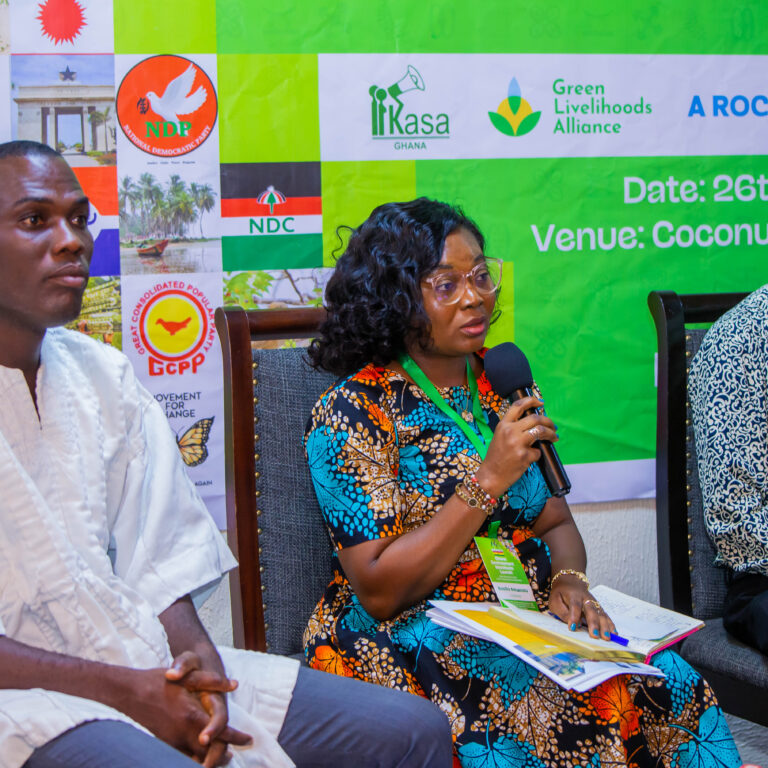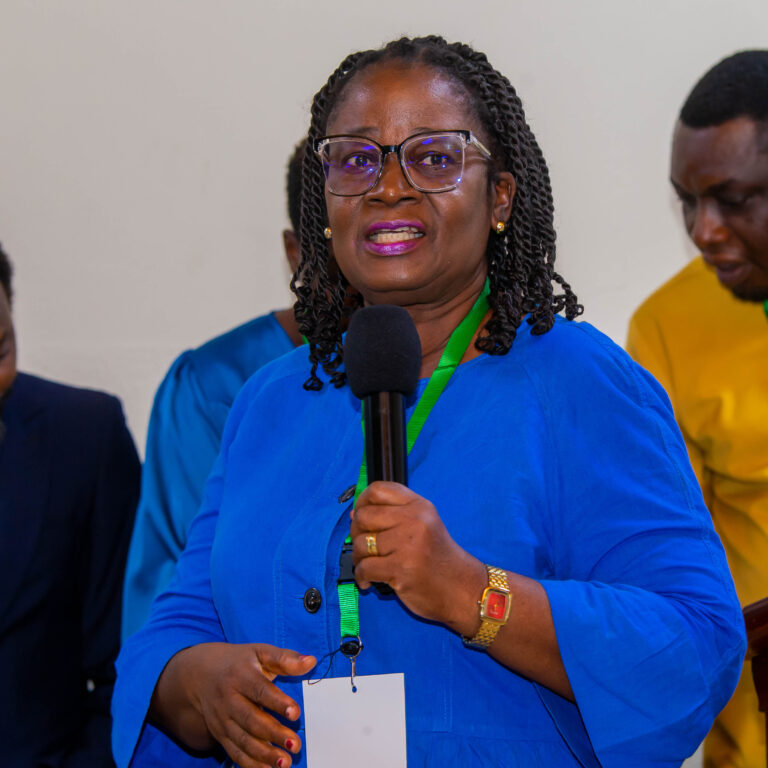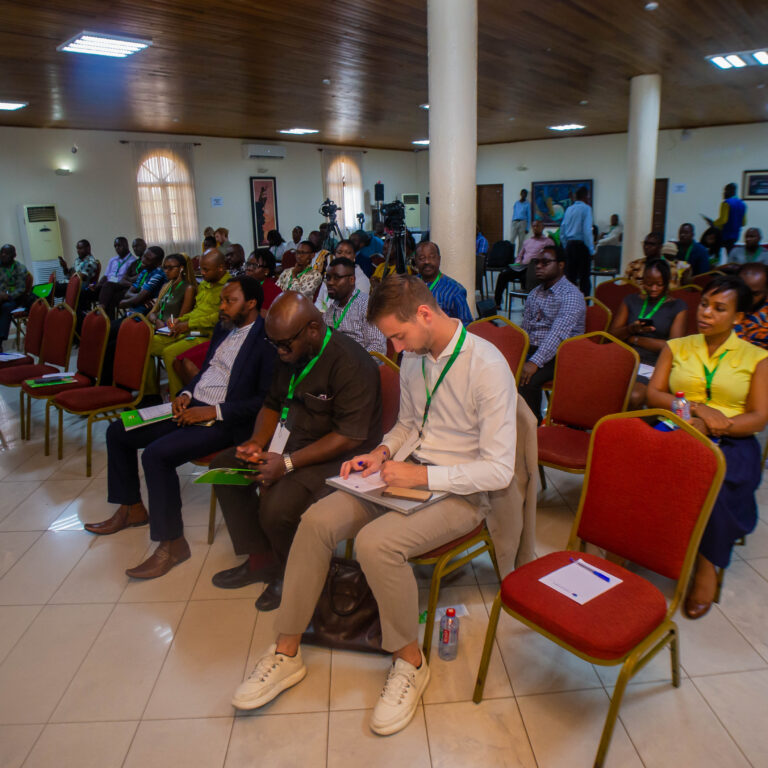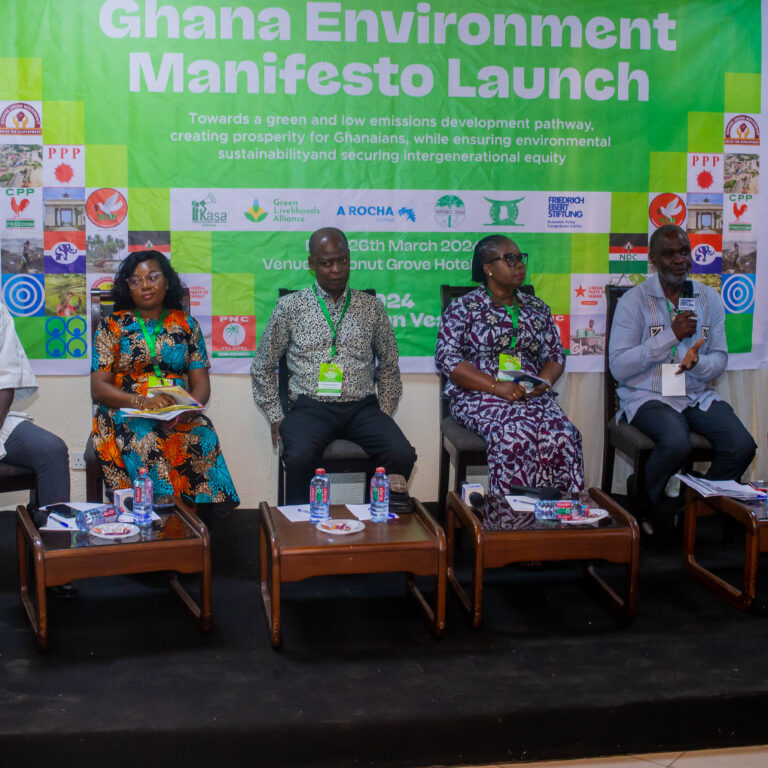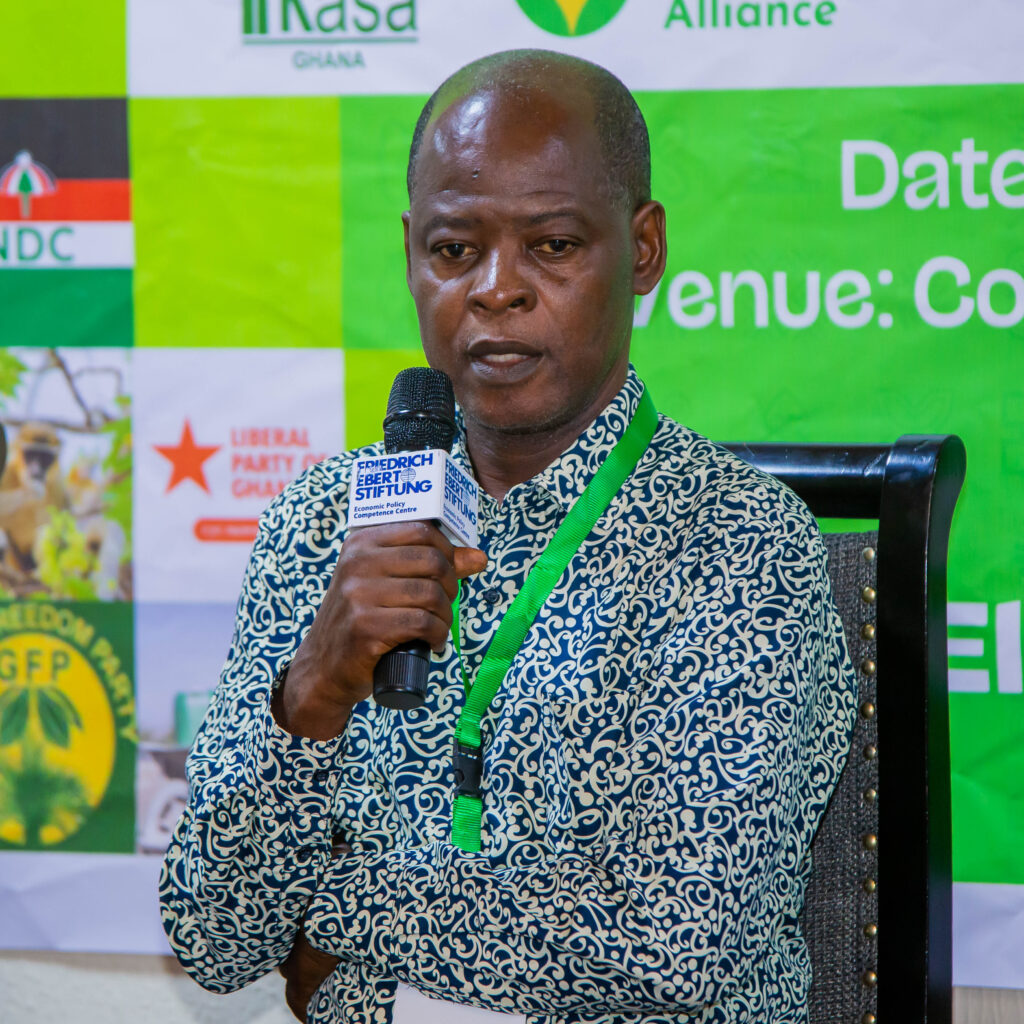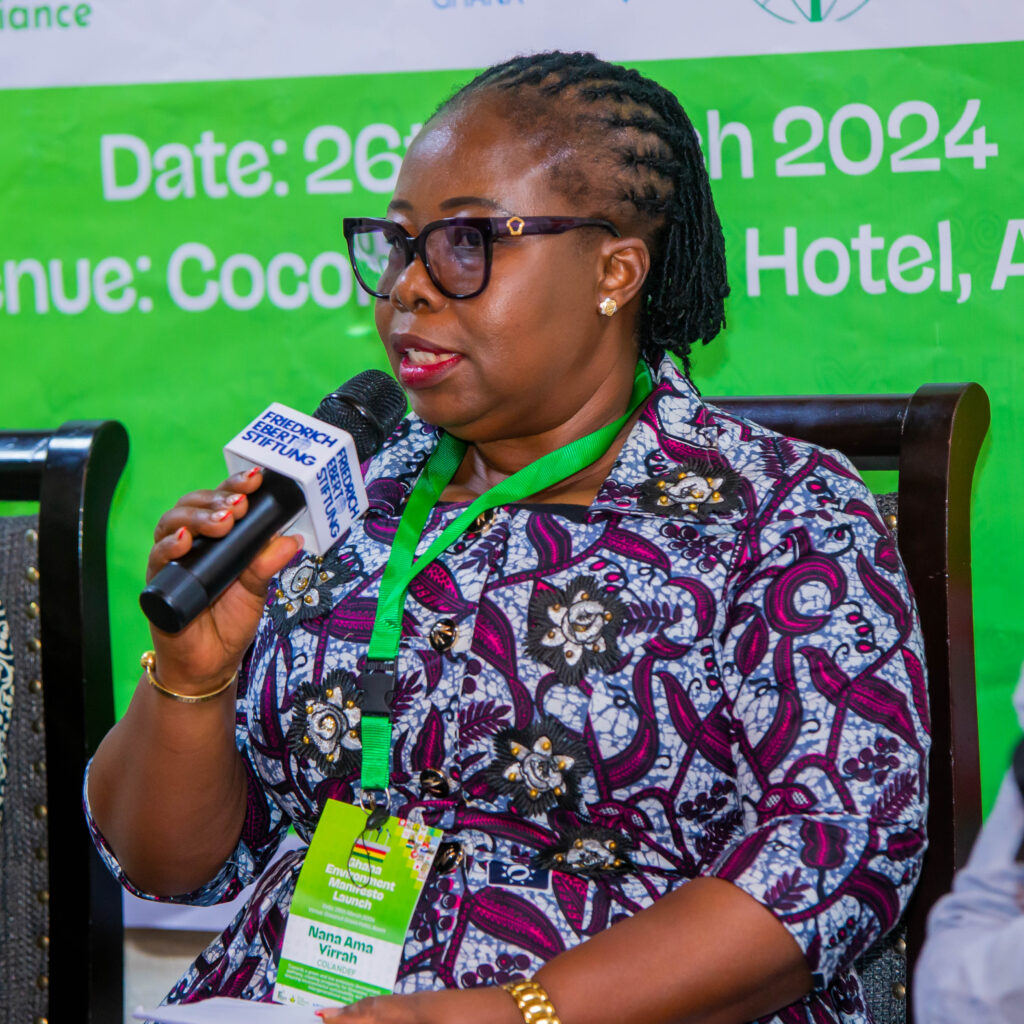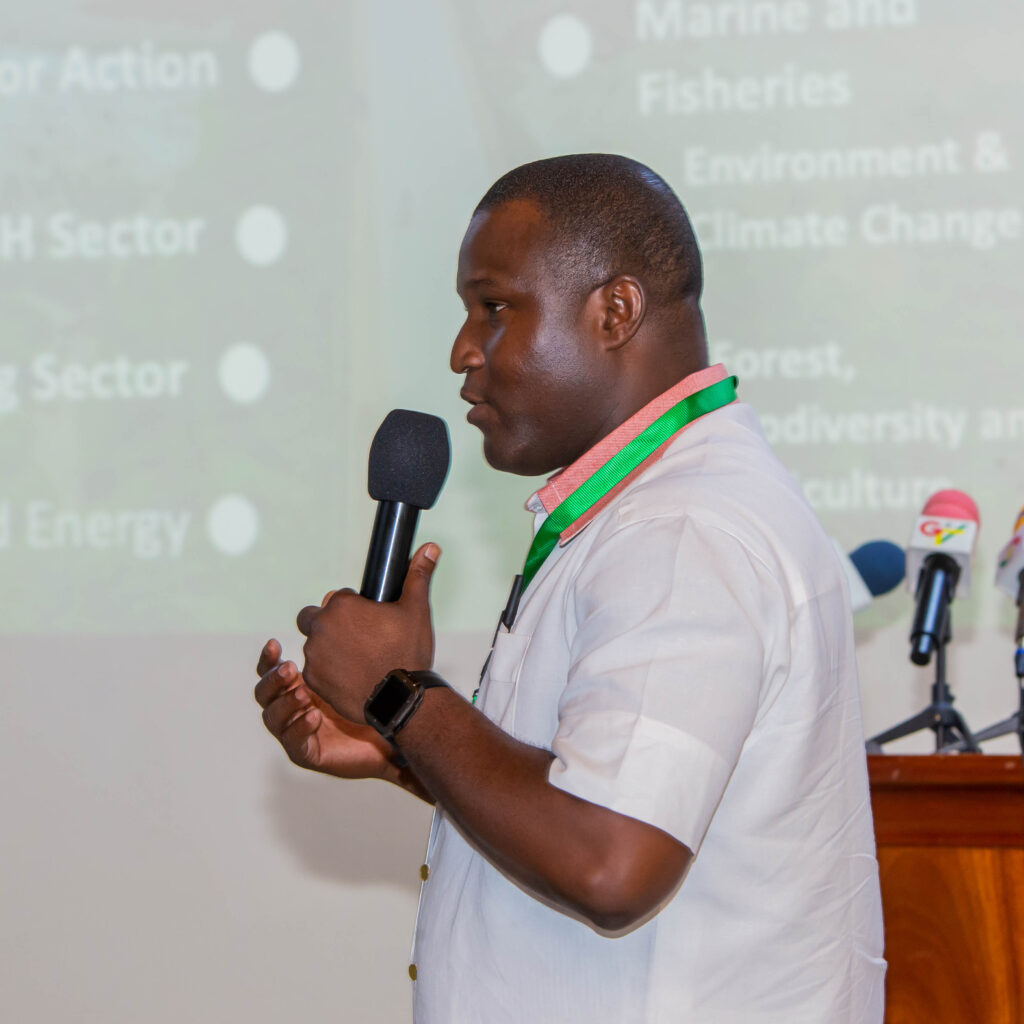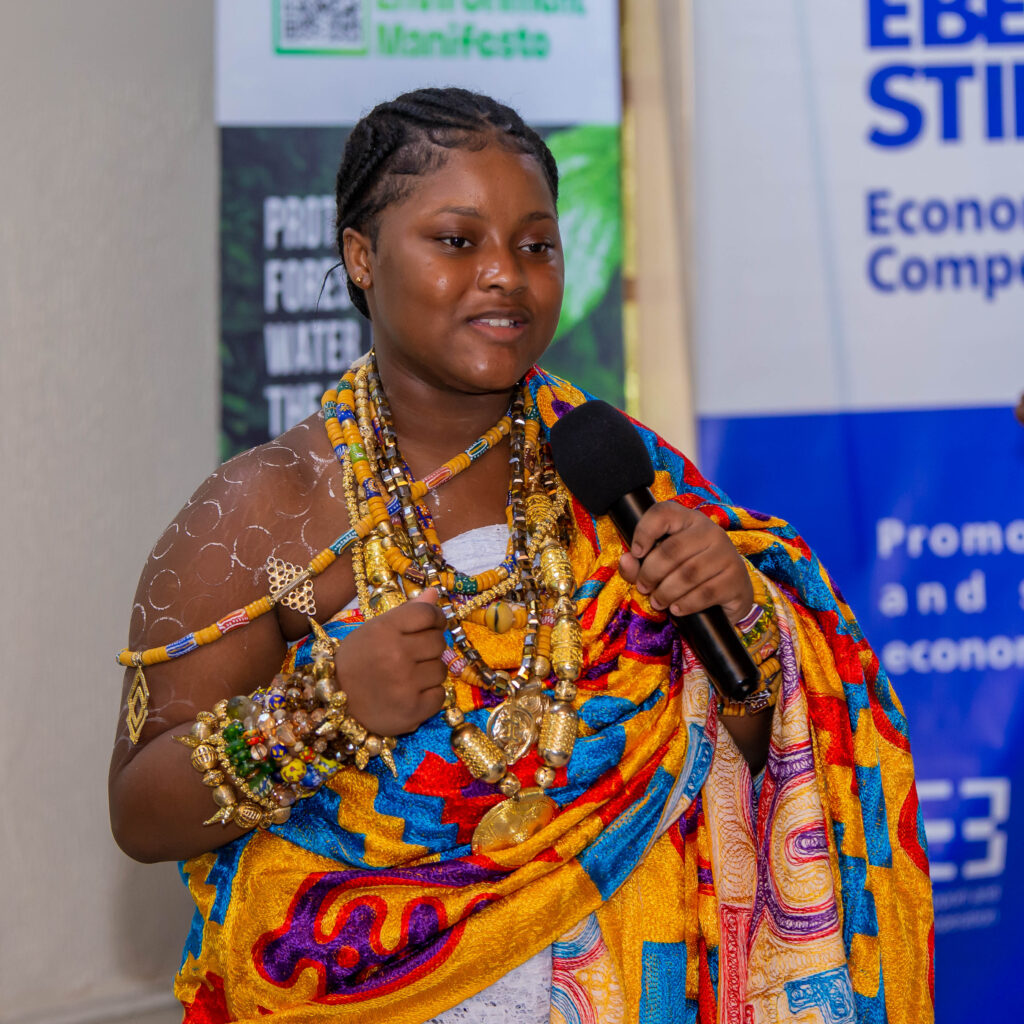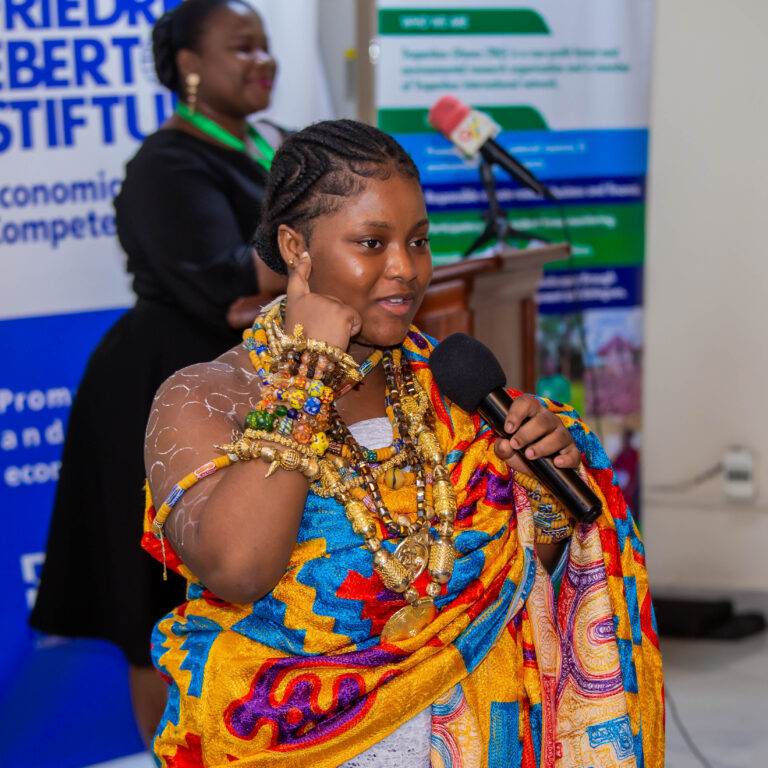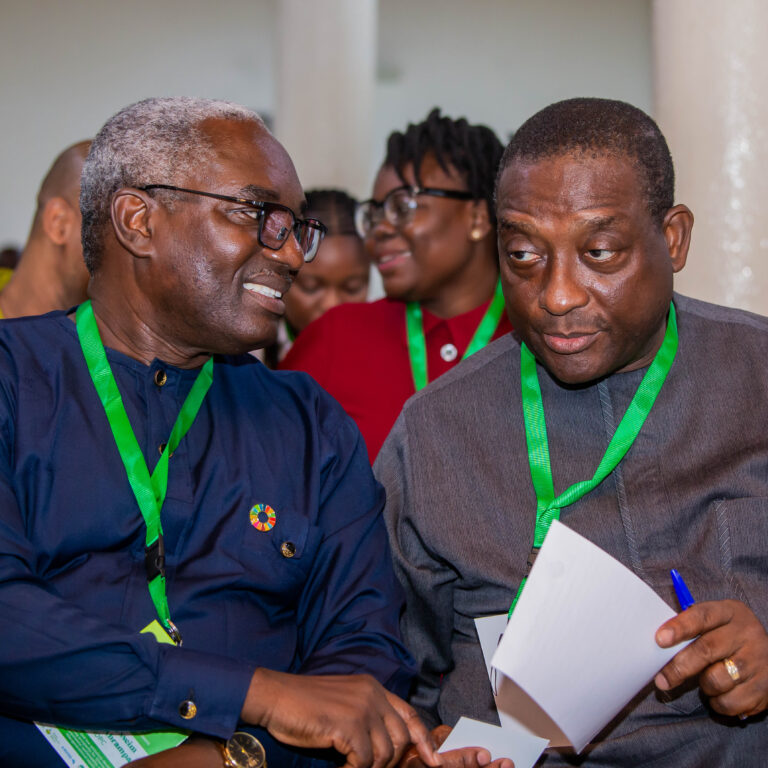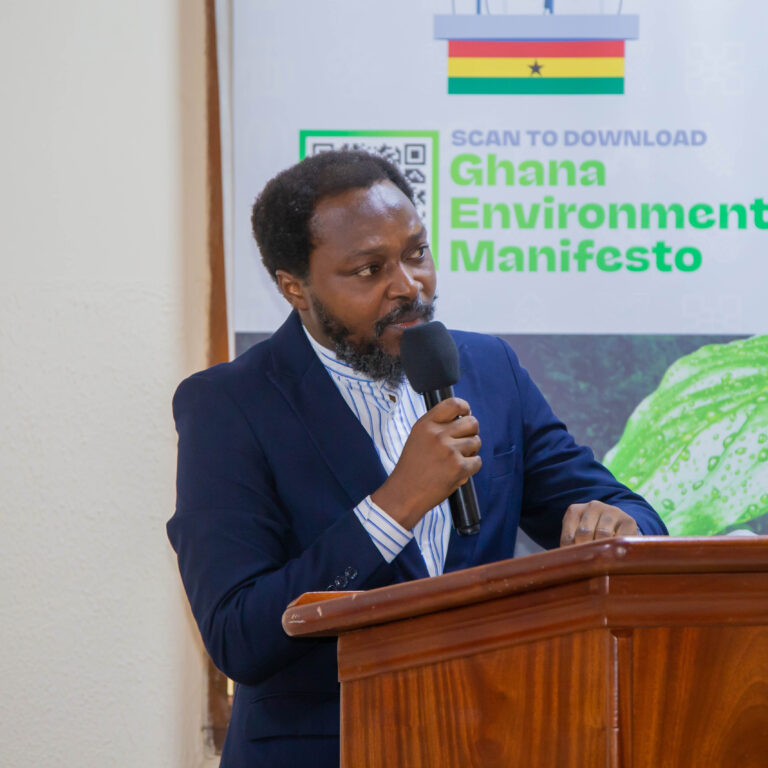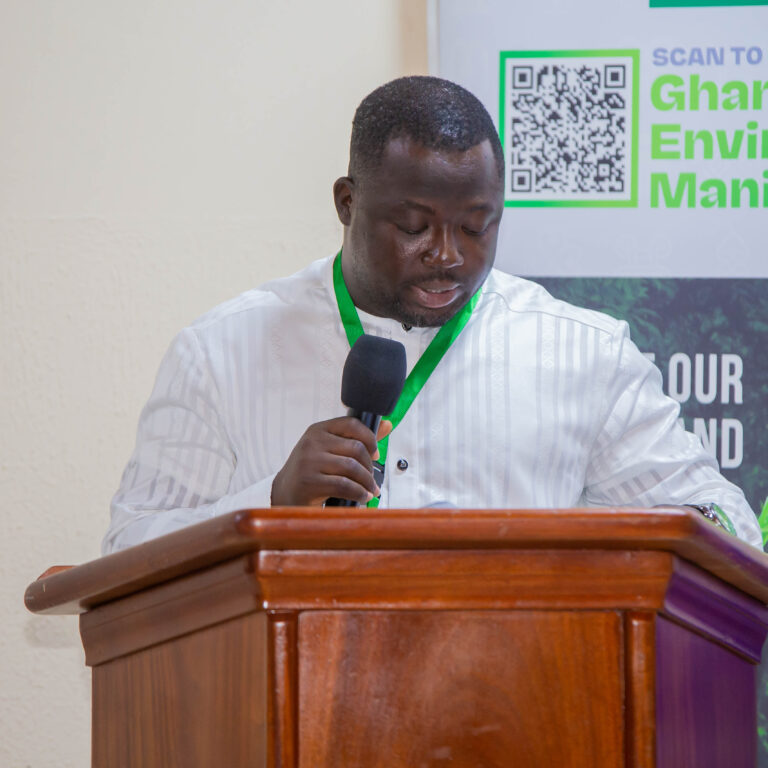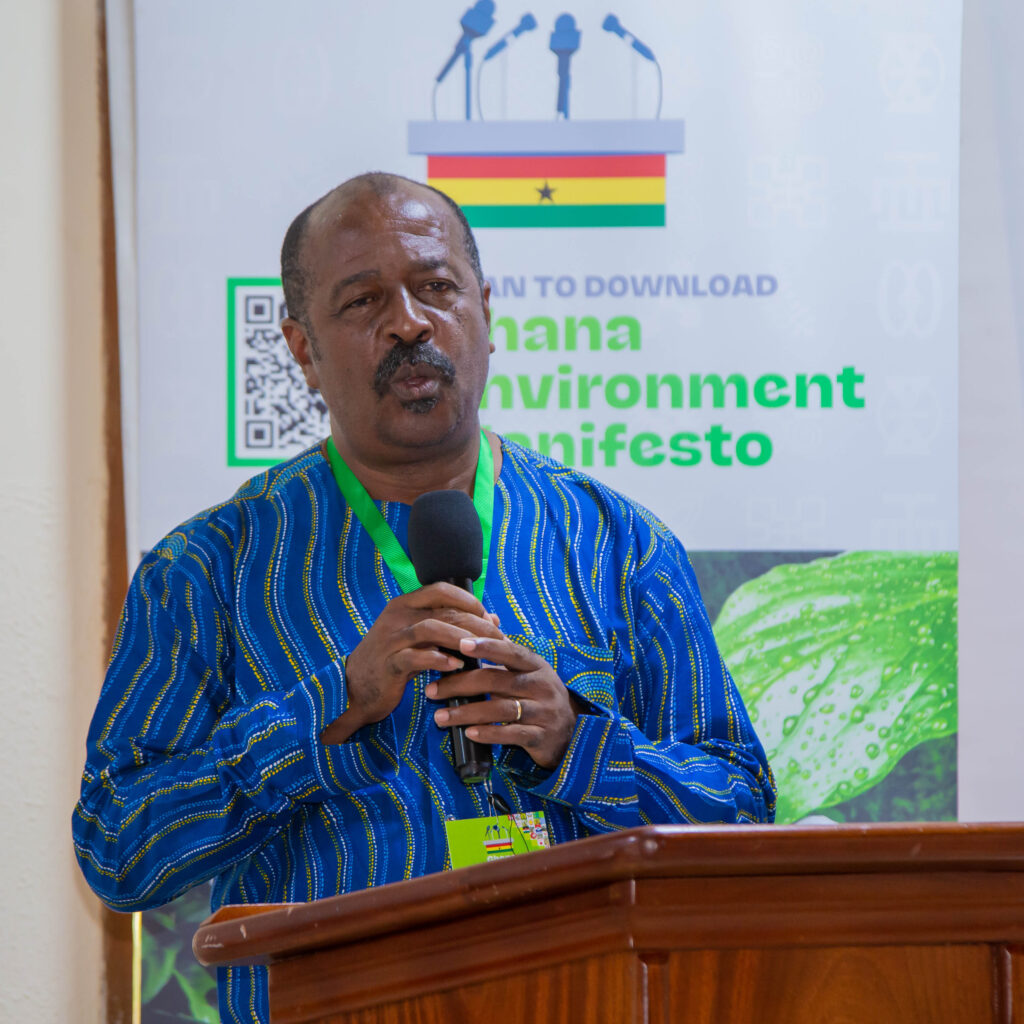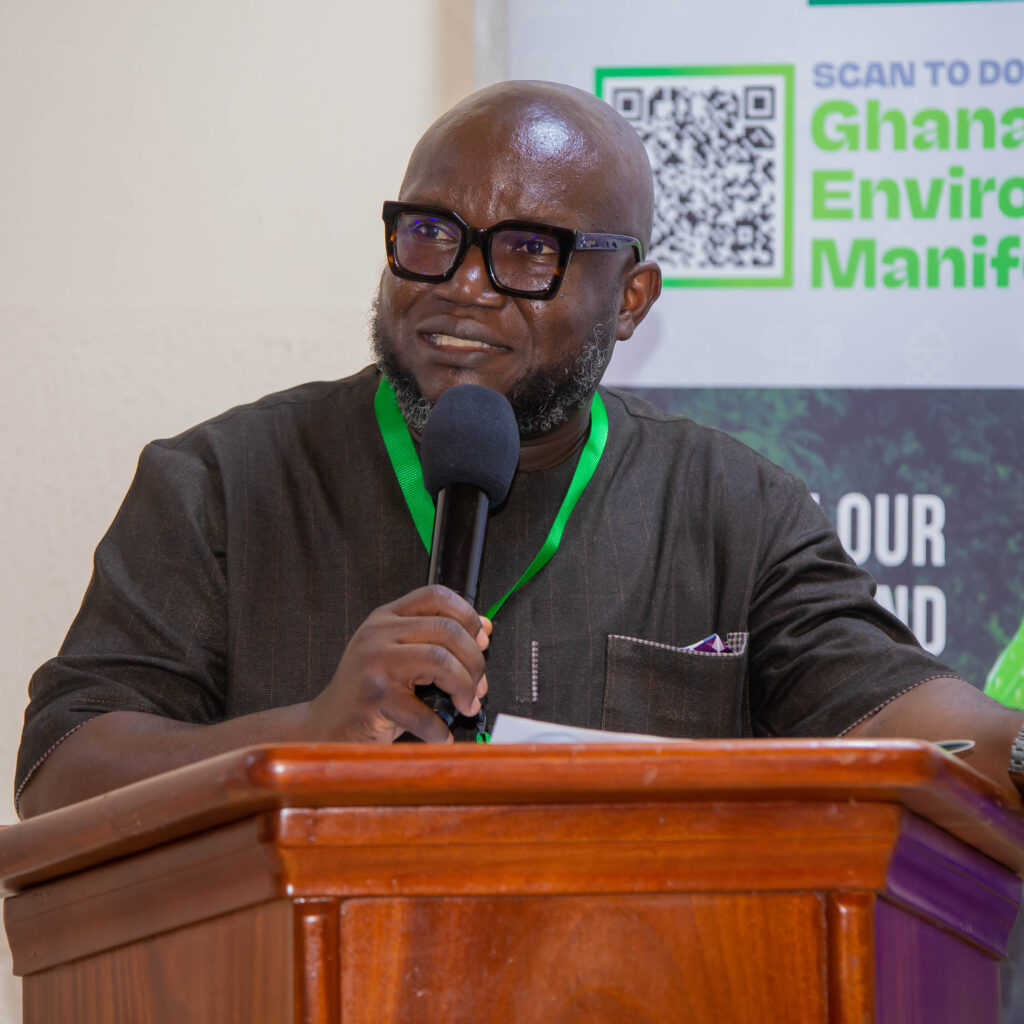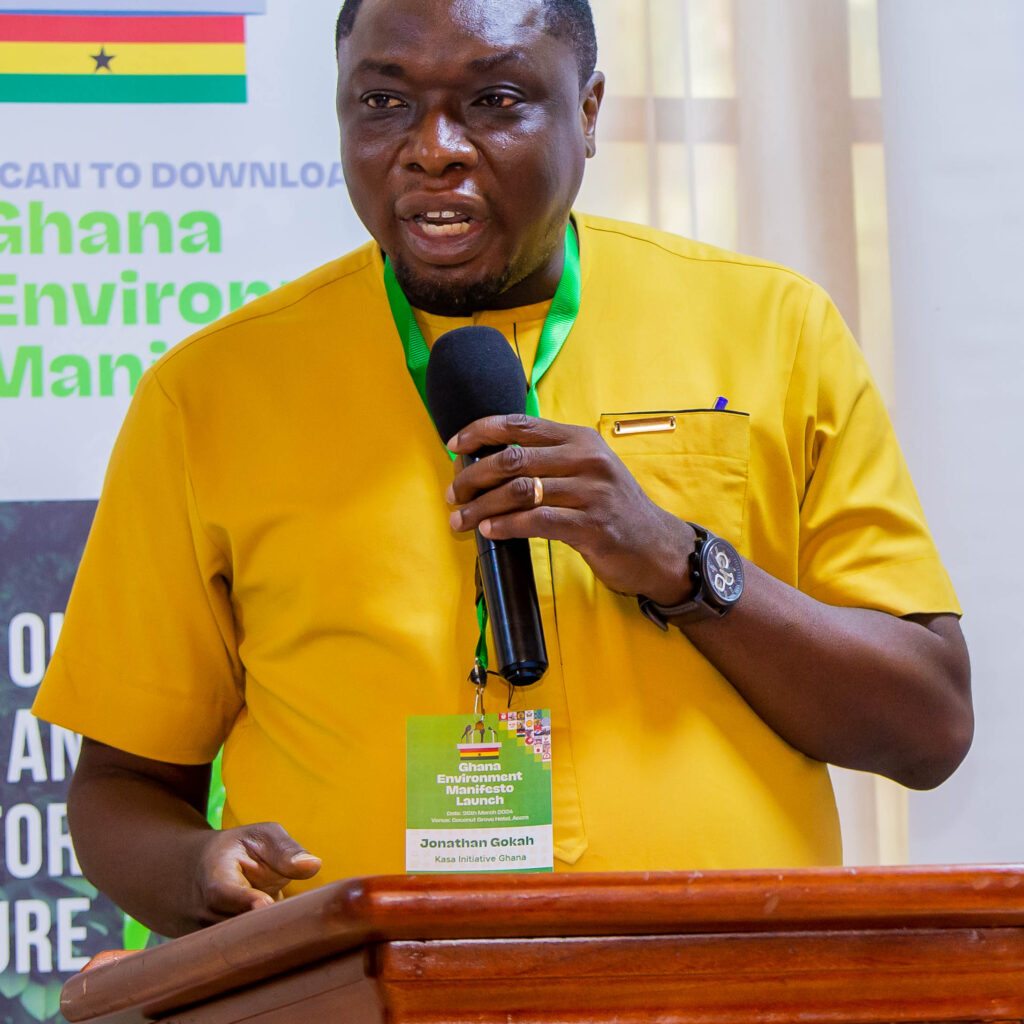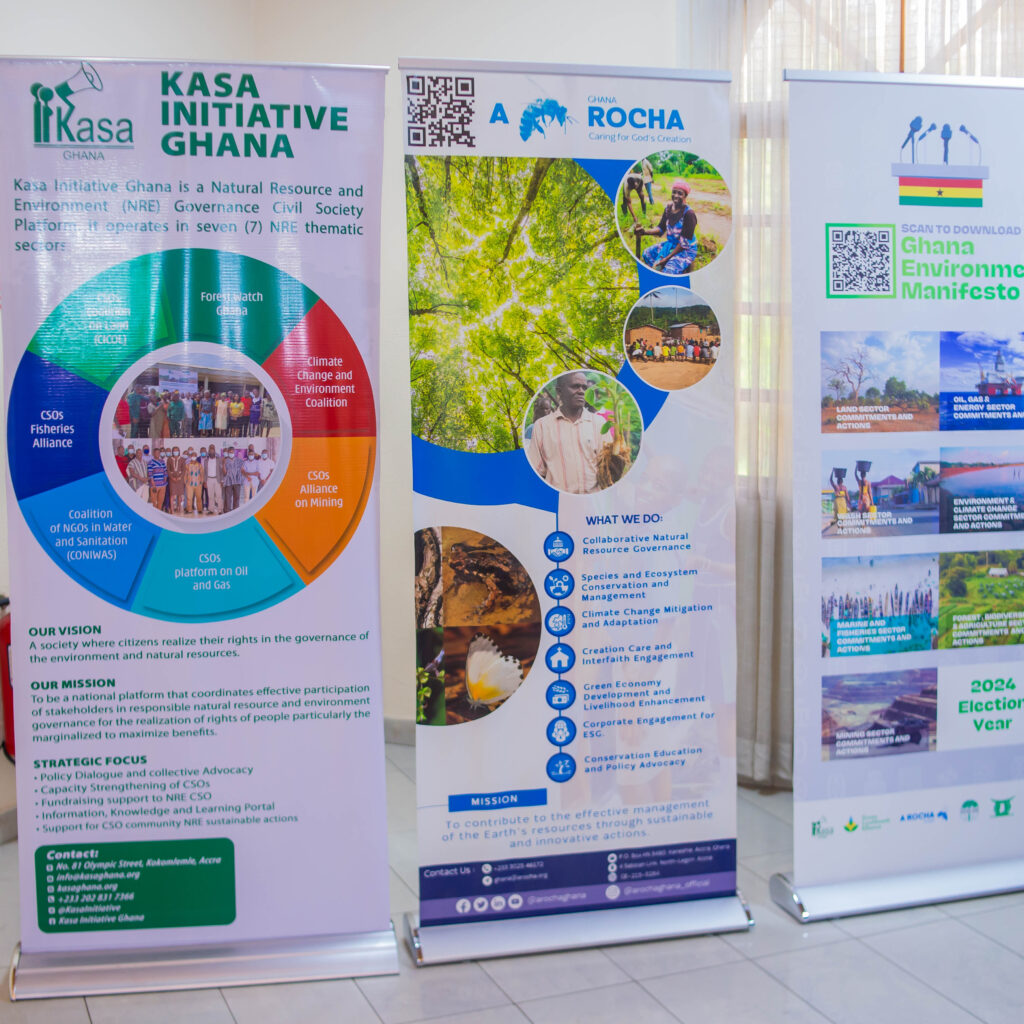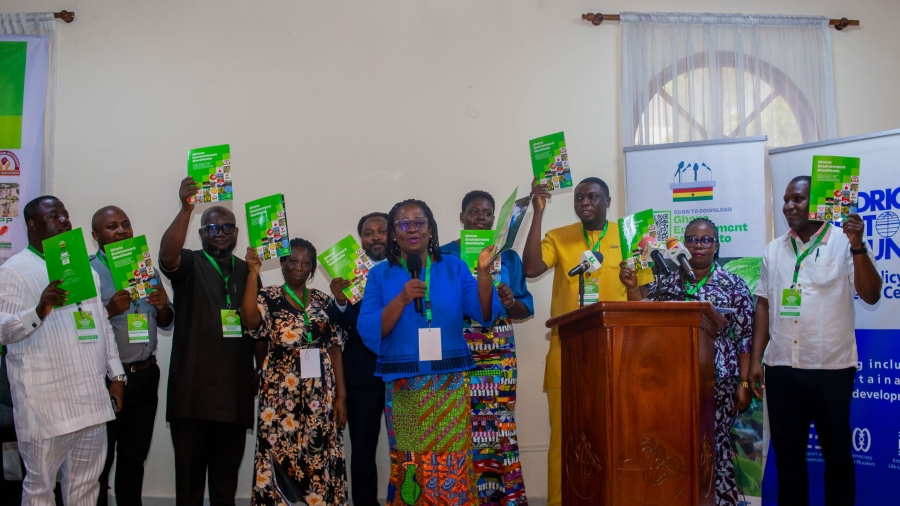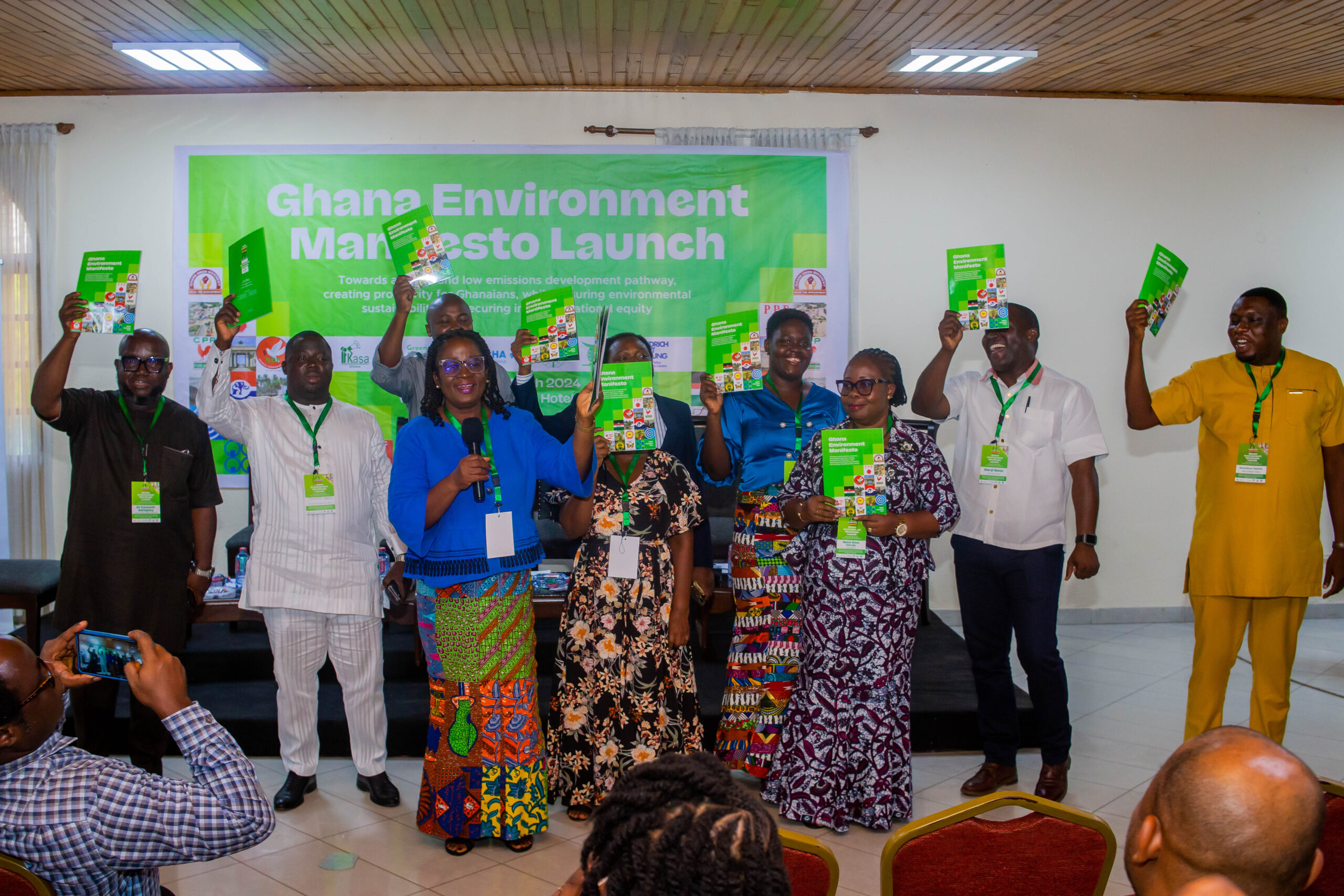“To ensure a prosperous and healthy future for all Ghanaians, leadership needs to prioritize environmental well-being in policy and development planning urgently. This should then inform an investment drive with a focus on environmental concerns, supported by altruistic incentives and legislative frameworks that hold polluters accountable. Finally, this must be done within an environment of a well-informed and empowered community, strong and independent institutions devoid of political elite capture and strong administrative accountability.”
Above is a succinct statement curled out from the Ghana Environment Manifesto which was launched on March 26, 2024, at the Coconut Grove Hotel in Accra.
The manifesto covers areas such as the Land Sector, Forestry Sector, Forest, Biodiversity and Agriculture Sector, Oil, Gas and Energy Sector, Environment and Climate Change Sector, Mining Sector, Wash Sector, Marine Environment and Fisheries Sector.
The document was developed through broad engagements of Non-Profit Organisations (NPOs) within the natural resources, oil and gas, energy, Water, Sanitation and Hygiene (WASH), and climate change sectors, sharing inputs from their respective constituents across the country.
The Launch
Delivering a welcome address, National Director for A Rocha Ghana, Dr. Seth Appiah-Kubi called on political parties to refer to the Green Manifesto while prioritising environmental and green pathways as part of their potential future government’s development agenda.
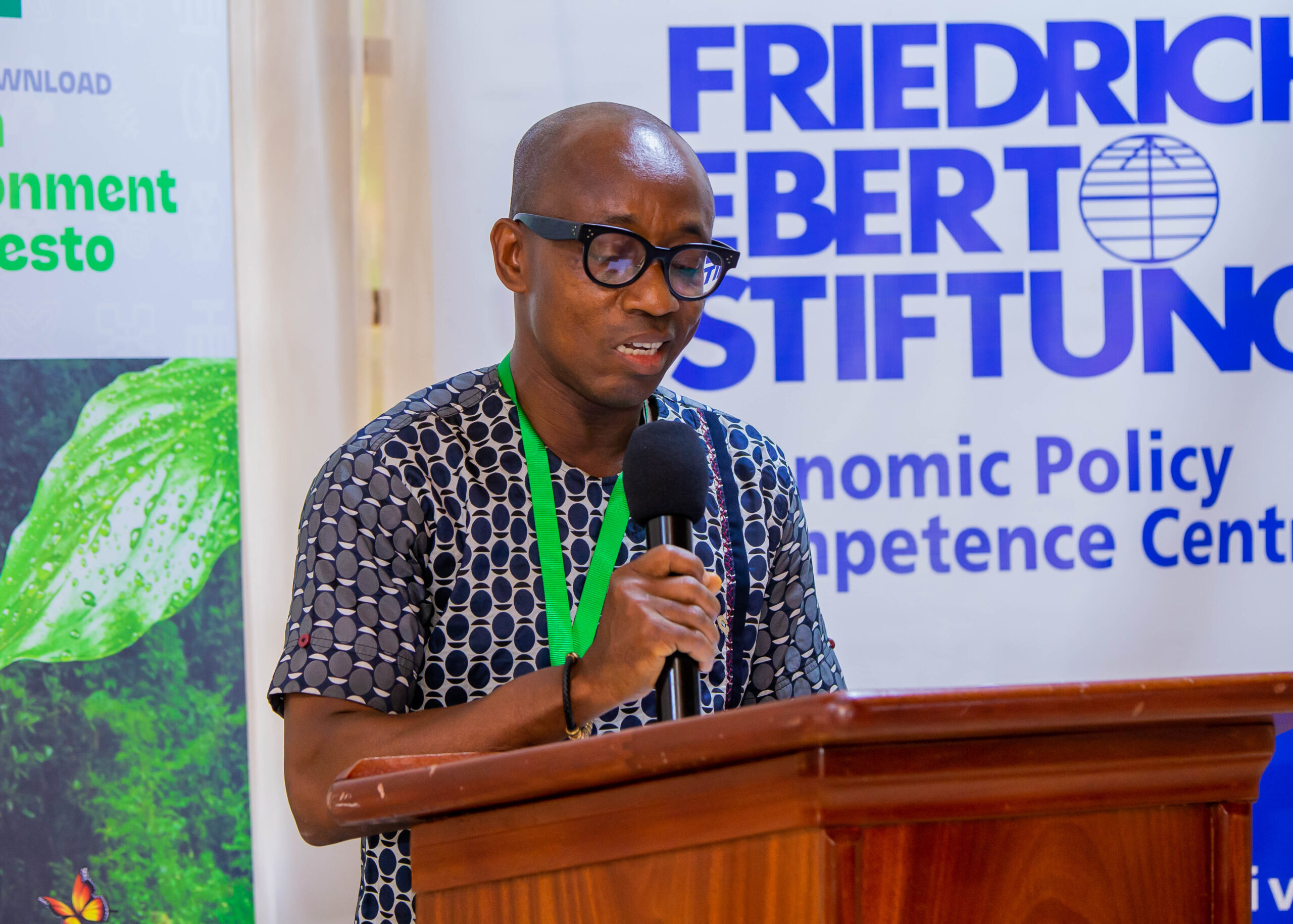 “What I am driving at is the fact that considering our overreliance on our natural environment as a nation, it is high time we highlighted the importance of ecosystem services support to our national development and match it with the appropriate investments,” he said.
“What I am driving at is the fact that considering our overreliance on our natural environment as a nation, it is high time we highlighted the importance of ecosystem services support to our national development and match it with the appropriate investments,” he said.
Further highlighting the need to secure our natural environment for generations to come, Ms. Eunice Aseidu, Programmes Coordinator at the Friedric-Ebert-Stiftung Economic Policy Competence Centre, said, the solutions to environmental degradation and prioritising green growth are not confined to the corridors of power but within dialogue amongst stakeholders and building synergy across divides to ensure sustainable environmental practices.
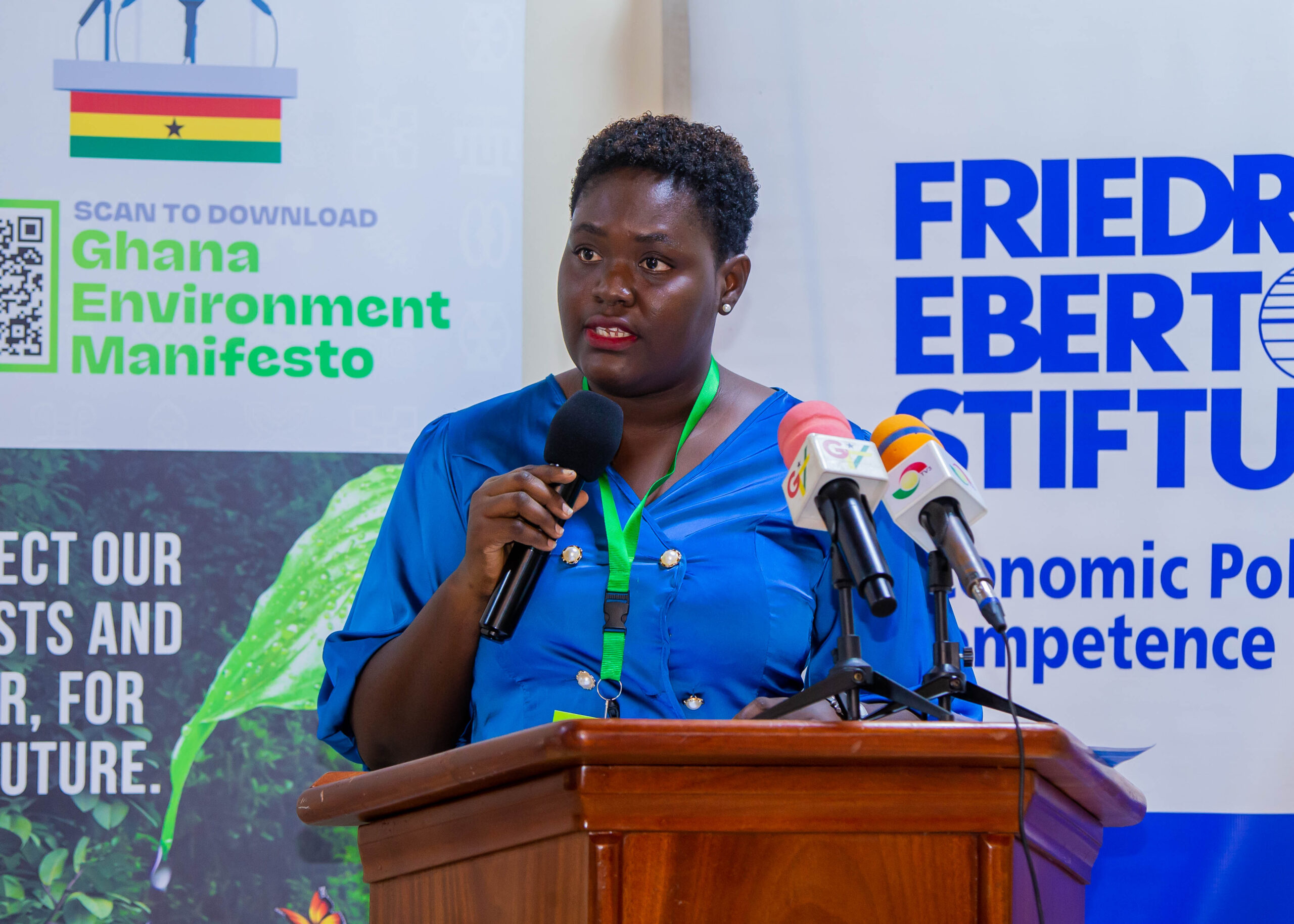 “Given the critical role the environment plays in our continuous survival, I urge the political parties to urgently centre environmental sustainability at the centre of their development agenda and we look forward to yet another political season with the environment at the centre of campaigns and subsequent conscious effort toward its implementation”, she added.
“Given the critical role the environment plays in our continuous survival, I urge the political parties to urgently centre environmental sustainability at the centre of their development agenda and we look forward to yet another political season with the environment at the centre of campaigns and subsequent conscious effort toward its implementation”, she added.
In his Key Note Address dubbed Prioritizing Environmental Sustainability and Wellbeing in Ghana’s Development Agenda, Dr. Kodjo Esseim Mensah-Abrampa, Director General for the National Development Planning Commission (NDPC) called for a more inclusive approach to combating environmental issues. According to him, the efficient coordination and connection of all key stakeholders including government, traditional leaders, CSOs, and the media, will produce a positive impact.
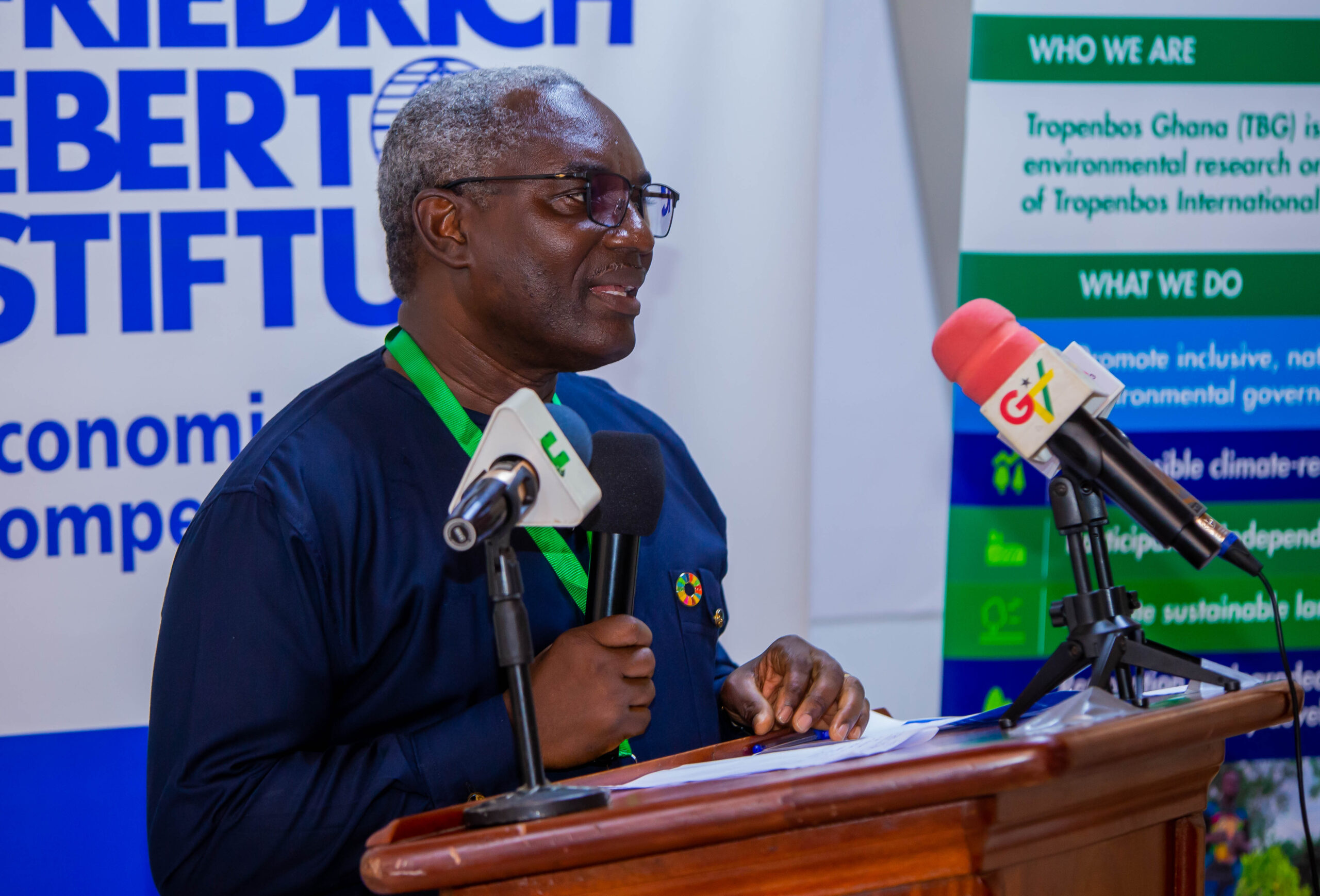 Dr. Mensah-Abrampa further urged CSOs to help improve capacity, knowledge and skills to enhance indigenous peoples’ appreciation of environmental protection. According to him, CSOs seem to have left a huge gap between traditional conservation norms such as taboos and contemporary environmental protection modalities, which according to him, should not be the case.
Dr. Mensah-Abrampa further urged CSOs to help improve capacity, knowledge and skills to enhance indigenous peoples’ appreciation of environmental protection. According to him, CSOs seem to have left a huge gap between traditional conservation norms such as taboos and contemporary environmental protection modalities, which according to him, should not be the case.
Participation
Political Parties present at the launch were, the National Democratic Congress (NDC); the New Patriotic Party (NPP), the Convention People’s Party (CPP) and the Movement for Change (M4C). Also present were key state institutions like, the Ministry of Environment, Science, Technology & Innovation (MESTI); Environmental Protection Agency (EPA); Ministry of Fisheries and Aquaculture Development (MoFAD); Water Resource Commission (WRC); Ministry of Sanitation and Water Resources (WSWR) and Commission on Human Rights and Administrative Justice (CHRAJ).
The event further saw representatives from Academia, Civil Society and the Media.
The launch was made possible by the partnership of Kasa Initiative Ghana, Green Livelihood Alliance Ghana, A Rocha Ghana and Friedrich-Ebert-Stiftung.
